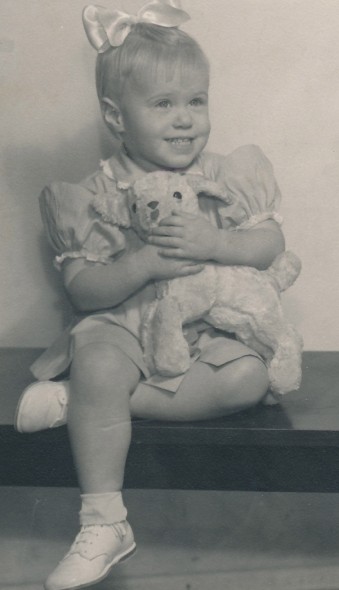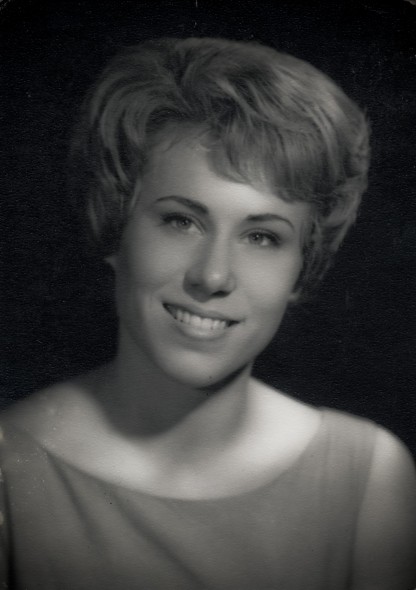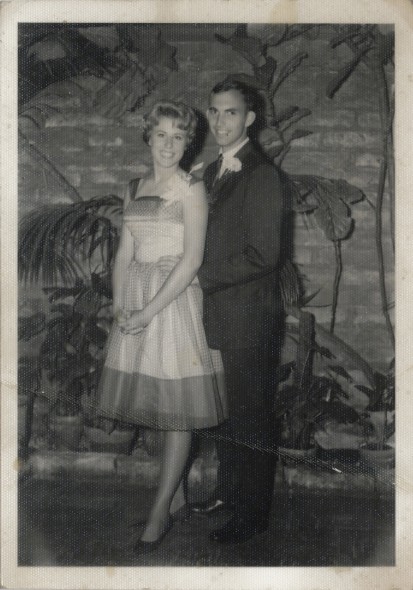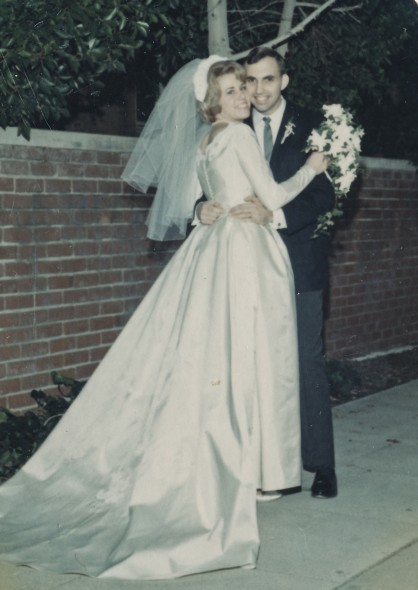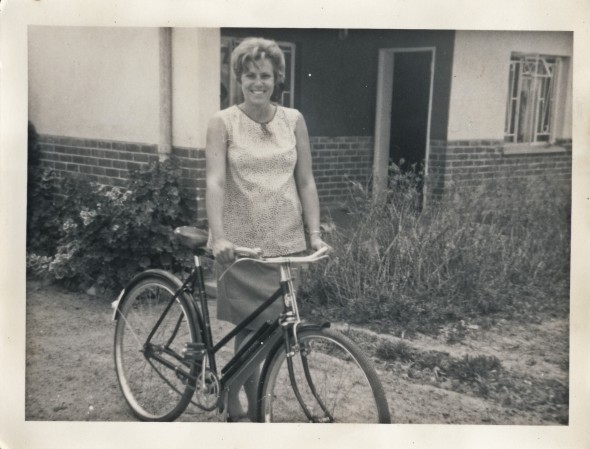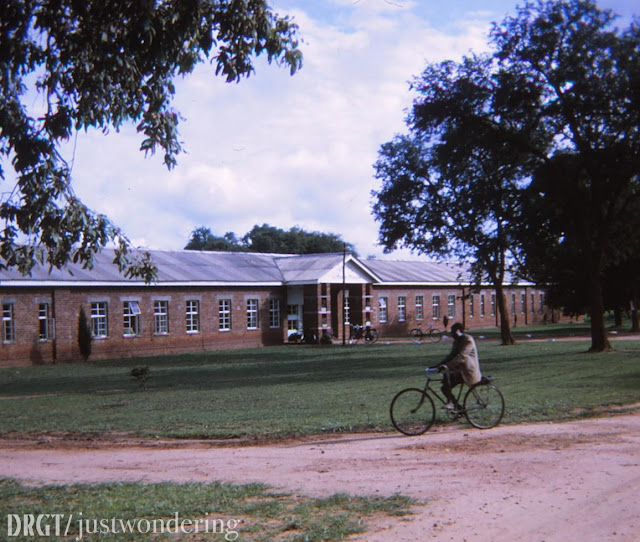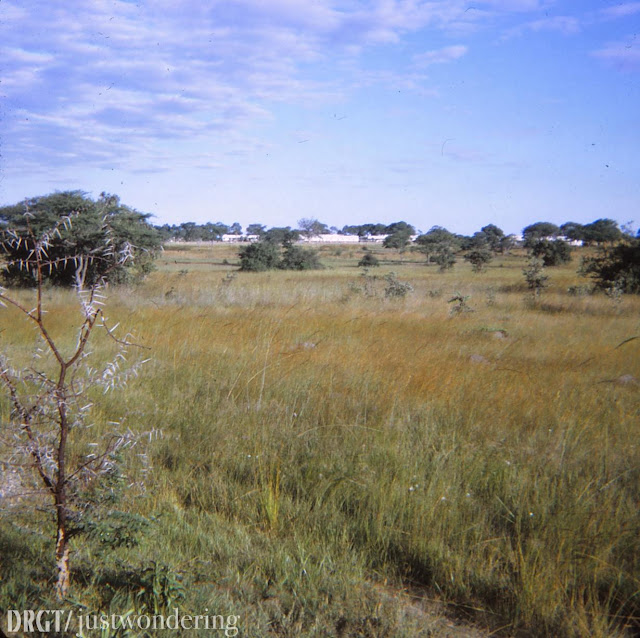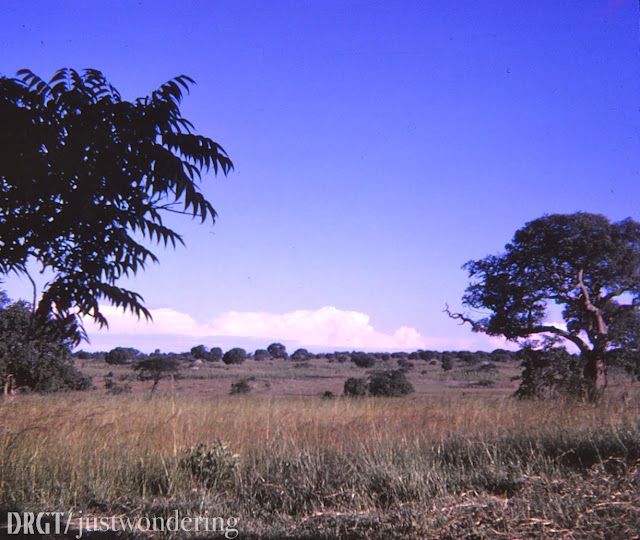The Story Sessions community issued an invitation to speak to and for the girls we once were. And Bonnie over at Faith Barista has Lenten prompt on “Remember.” This piece seems to fit both places! My story is not particularly dramatic — no abuse to report, no major trauma in my home. In fact, I would venture to say that it’s downright boring, especially when lined up with some of these sisters, whose lives bear testimony to both horror and redemption. Still, like every human who has ever walked the planet, I knew my share of sorrow and confusion. Also? I have lived longer than almost everyone else who will contribute today, so there are LOTS of ‘girls’ to address . . .
And you were, too.
A very big girl.
Tall, right from the get-go,
smart and talkative and quite the walker,
or so I’m told.
You loved life!
Loved it —
all the people,
the streets and houses —
. . . and the busses.
Oh, how you loved to watch
the bus go by.
“There-sa goes da bus!”
you’d yell and point.
I think you’ve done a lot of yelling
and pointing in me,
little one.
You want me to see things,
to pay attention.
And I’m trying, honey!
I thank you for helping
me to keep my eyes
and my heart O P E N.
 Just barely two years old and
Just barely two years old and
an interloper appeared on the scene.
And he was SO cute, wasn’t he?
He didn’t have funny feet,
or terrible skin,
or stick-straight hair
that mommy always wanted
to curl, curl, curl.
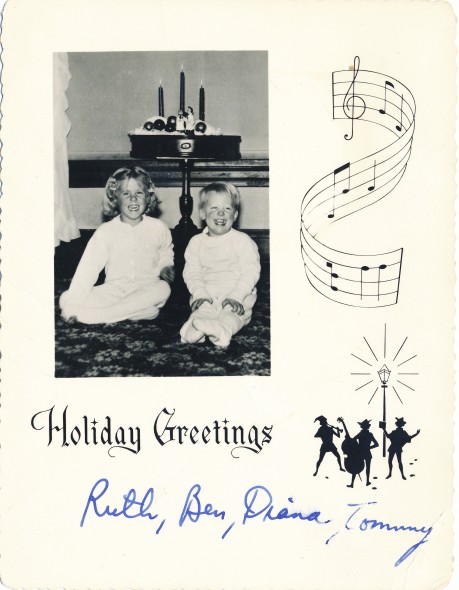 But you kinda liked him anyhow,
But you kinda liked him anyhow,
even though you did fight now and again.
Only trouble was, his derring-do
made you want to be ‘the good girl,’
and you’ve spent an awful lot of years
playing that role, haven’t you?
Maybe it’s time to let that one go?
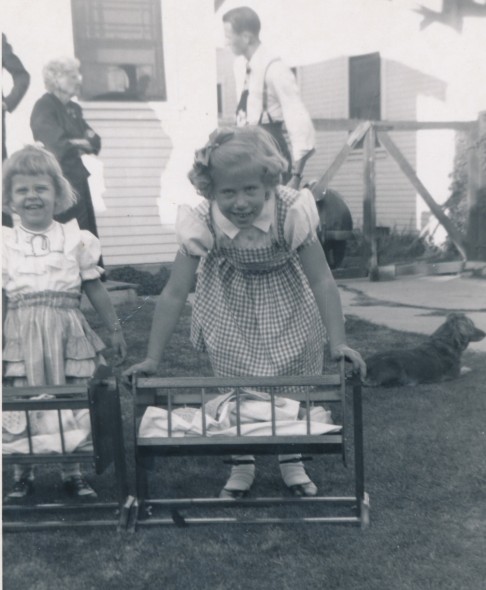 Your dad’s mama lived in downtown Los Angeles,
Your dad’s mama lived in downtown Los Angeles,
in a sweet little bungalow.
And oh, how she loved you!
But she was so old,
and she told stories
about the south, about her home,
in Arkansas.
And sometimes the way she talked
made you feel funny.
Especially the way she talked
about people of color,
even though you’d never
heard that phrase in your young life.
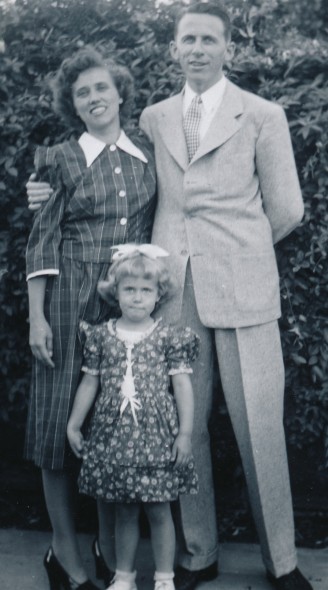 Your mom and dad loved each other a lot,
Your mom and dad loved each other a lot,
didn’t they?
And sometimes, you felt like an outsider
around them.
Most of the time, their love
made you feel safe and sure.
But once in a while,
they shut you out,
and that was confusing.
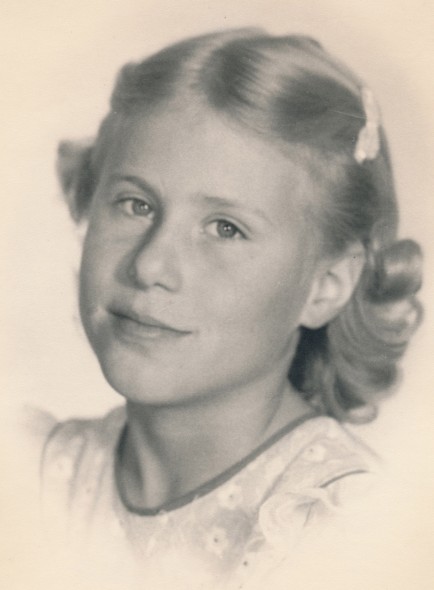 Oh, I see that dreamy look in your eyes!
Oh, I see that dreamy look in your eyes!
And I salute it. Dream on, girl!
Live inside your head all you want to,
curl up in the corner and read, read, read.
Don’t worry if you don’t want to socialize,
no matter how your mom fusses at you.
And pay attention in 5th grade,
when Mr. Naismith tells you you’re a writer.
Believe him. Believe it.
High school was kinda crazy, right?
Thank God for the church group,
because at school?
You were the resident nerd.
Choir helped, though.
You met so many different
kinds of kids, most of them
so.much.fun!
It was great to break out of the
molds that held you —
the brainiac and the church girl.
Yeah, singing was a good thing.
And then came college.
And the task at hand?
Meet a good, Christian man
and get married!
And you did that,
right on schedule.
Aren’t you glad you found a good one?
Even when he makes you crazy,
he’s such a good man.
You SCORED.
That talkative toddler,
and that displaced sister and daughter,
and that dreamy 10-year-old,
and that nerdy high schooler,
well they all showed up
on that December afternoon
when you tied the knot.
And despite the baggage you
brought from a conservative,
complementarian home,
together you found a new way
to be a couple,
to share the journey
as partners.
Of course, it took a few decades to do that.
And along the way,
you traveled halfway around the world,
you found yourself pregnant (!!),
you taught school,
and you lived on a boarding school campus
in a brand-new African nation.
The bike came in handy, didn’t it?
It helped you cement the independence
you were finding in those early
married years.
It gave the 10-year-old just a little
bit of breathing space,
and the toddler a chance to
see new things.
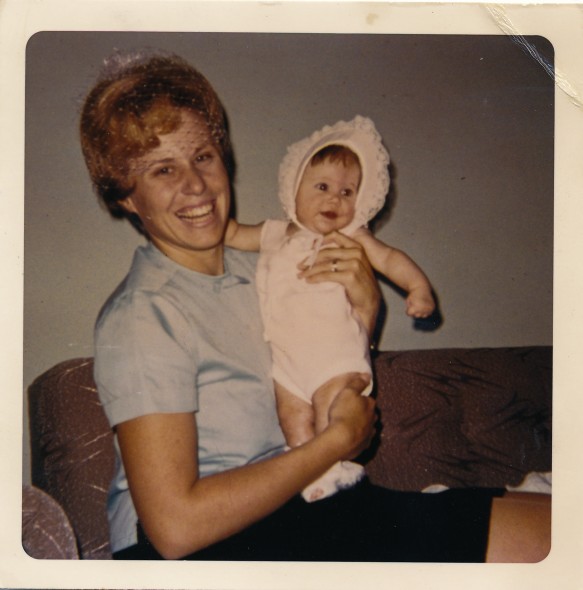 And when that beautiful girl was born?
And when that beautiful girl was born?
Well, a whole new chapter opened up.
You had just turned 23,
and in the next four years,
you’d have two more babies,
and all those “girls” in there,
the toddler and the 10-year-old,
the one who played with baby dolls,
and the one who read through
the traveling library truck;
the one who was too tall,
and too awkward,
and too loud,
and too bossy,
and too. . .
well, they got a bit lost for
a while.
But today, you bless them all.
You call them out and say,
“Thank you!”
Because every age,
every stage,
every experience,
every relationship —
they are all part of who you are
right now.
And who you are right now?
Despite the infirmities of age
and injury,
well. . . you’re not half bad, you know?
Two years ago, I wrote a similar post, under the flag of my African Journey page. Here’s a link to that one.
Joining with Bonnie – click on over and read the rest.
